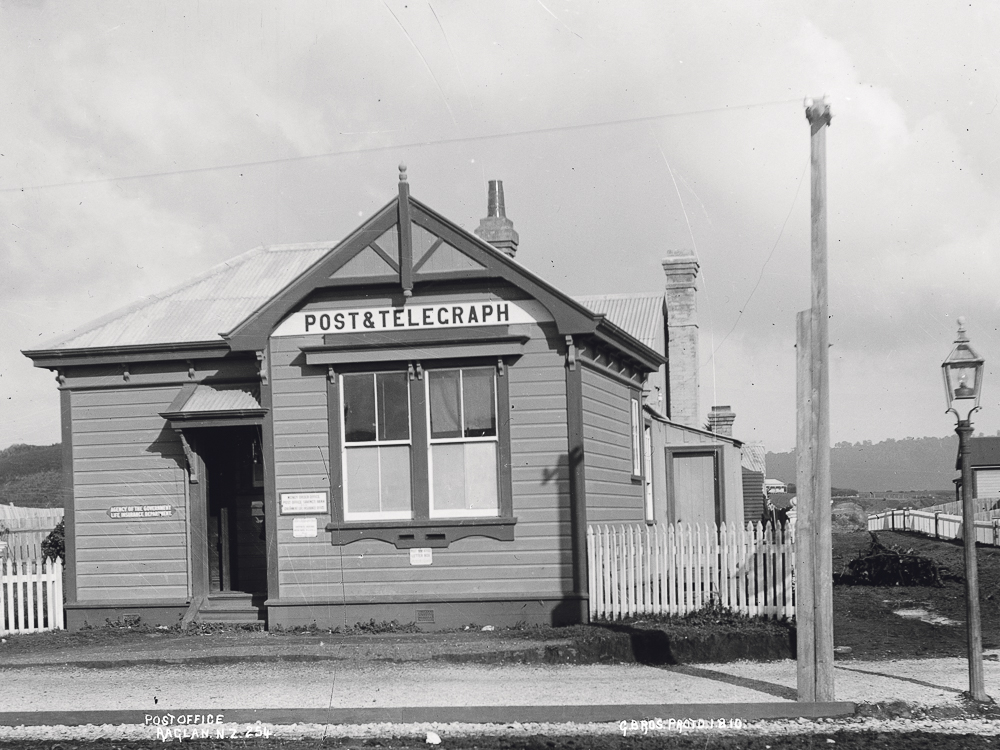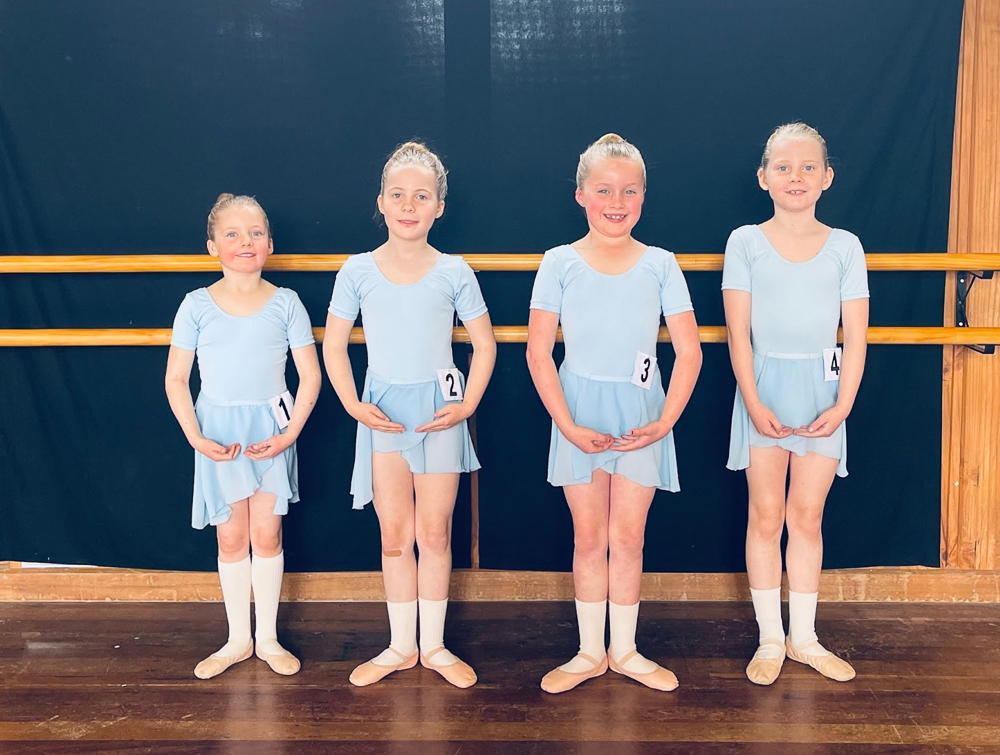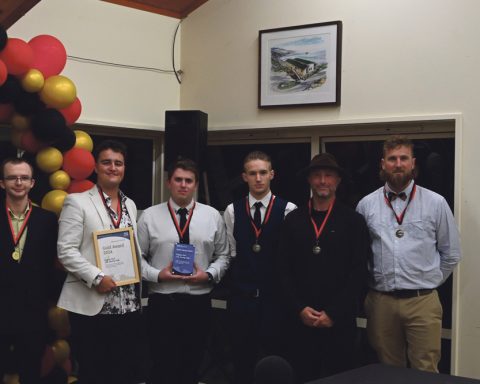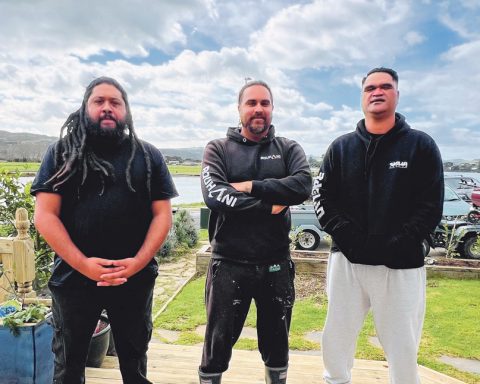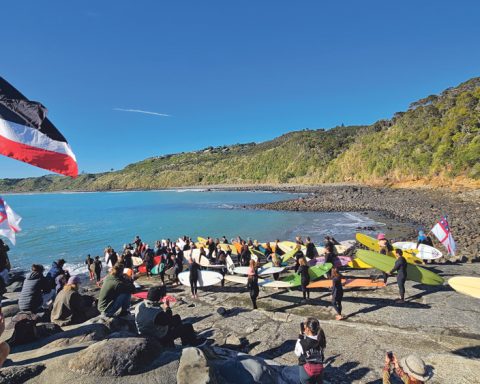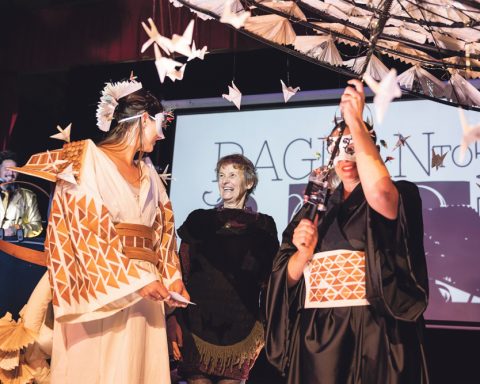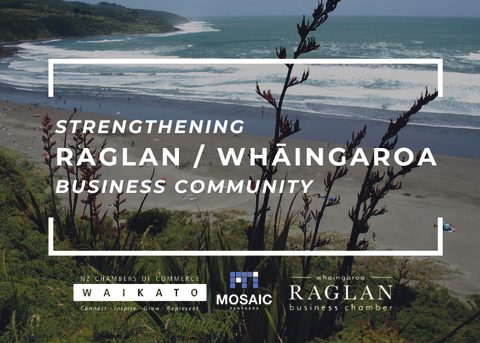It’s safe to say that Bob MacLeod was selfless in his commitment to the Whāingaroa community.
Bob was a member of the Raglan Volunteer Fire Brigade, Civil Defence Committee, Residents and Ratepayers Association, Community Vehicle Trust, Lions Club, Whaingaroa-Raglan Affordable Housing Project, Destination Management Organisation, Raglan Naturally, Community Patrol and Community Board and he dedicated a huge amount of time to these various roles.
“Between the meetings, workshops and readings he devoted around one day a week, sometimes more, to his RCB work. He wore many hats so he would often turn up to a meeting with a different hat on but get asked RCB stuff,” says Genny Wilson, widow of the late Bob MacLeod.
Bob’s passing in August has triggered a by-election to fill the extraordinary vacancy he has left on the Raglan Community Board. Genny recalls his contributions to the board, the immense pride he had for Raglan and how passionate he was about local issues.
Rebuilding Relationship with Council
Bob was always active in the community, getting involved in various volunteer roles and projects. He achieved many things through the RCB and Genny says his ability to build trust and relationships with staff at Waikato District Council was what helped him advocate effectively for Raglan.
There was a time when the council and RCB did not have a great relationship. Board members didn’t have trust in the chair which led to division on the board. The divide resulted in the council losing confidence in the board’s ability to represent the community.
“When you start undermining each other the board becomes dysfunctional and it gets ignored. Bob worked to rebuild the relationship between RCB and council because at the time, there was not a lot of trust or listening happening.”
Genny says Bob understood how to work within the system and that the board has a governance role, not an operational one.
“He treated people with respect and built relationships with council staff. He didn’t expect Ngāruawahia to come to him, he went over the hill to Ngāruawahia.”
His people-centric approach changed the relationship that council had with many community boards across the district. Over the years he came to be seen as a mentor and had helped other boards around the country by drawing on his extensive experience to give advice.
The Role of Community Boards
Genny explained that for Bob, it was important for boards to speak as one voice. “We can have differences of opinion but it’s about coming to a consensus,” she said.
Bob also pushed for RCB to submit on local issues and consultations, whether that was district strategy or by-laws, so when council looks through submissions they can clearly see what the community’s position is on that particular issue.
“It’s not about individual voices but one voice on behalf of the community. Bob didn’t necessarily agree with the stance of the RCB but he would agree to what the voice was.”
Genny also spoke of how difficult it could be to represent a diverse community like Raglan and that diversity needed to be represented on the board itself.
“Bob fit the demographic of being pale, male and stale but he was quite visionary in having a long term vision and he recognised that you have to put aside your personal views. You can say what you’re thinking but if the majority go one way, you have to toe the line.”
While Bob knew that RCBs role was to influence and advocate for the community, he was also aware that community board members don’t have much power to enact change other than to influence and lobby council staff.
Genny, who now works in local government says that councils have to follow a governance process and staff can’t just make decisions off the cuff. When community board members try to push for change outside the scope of these processes, it can make it very difficult for council staff.
“Some community boards are really effective in understanding the system and valuing the relationships and realising that it’s not about dictating what should happen.”
Because decisions are made by elected members, (i.e. Mayor and councillors) and affect the entire district, it was also vital to understand the tensions between the vastly different communities that make up the Waikato district.
“Huntly might say one thing but then Raglan might think differently. It’s about making sure there is respect on both sides and understanding the working constraints.”
Being Effective in An Elected Role
Because elections are usually held every three years, by the time those elected get stuck in, it’s time for another election. Getting used to a role and understanding the process of working with council can take time so thinking about continuity and succession planning had been important to Bob.
A recent change in how the RCB administers the discretionary fund has signalled a devolution of power from councils to community boards. Community board members are more in tune with members of the community and know the people applying for the fund so the extra bureaucracy from council only added to the extra cost of administering the fund. This change was something that Bob pushed for during his time on the board.
At the core, Genny says a passion for community, commitment to doing the hard mahi and a long term view of the future is essential to develop a working relationship with both the community and council.
In terms of doing the ‘hard mahi,’ Genny uses the current airfield issue as a good example of the community board working hard to find an answer that will satisfy the most people and still meet the rules that need to be met.
“Council is driven by civil aviation and some of that is legislation and is mandated and they’ve got health and safety to consider. We might say that nothing’s happened yet but if something ever happens at the airfield, we’d be the first to say to the council: How did you allow this to happen?”
“The RCB have been doing a really good job and it concerns me that other people can start running meetings – when there’s a lot of hard work going on in the background – because that sort of thing undermines the good work that RCB are doing.”
“I know that Lisa, Gabrielle and the rest of the board are working very hard on this issue and it’s important we don’t get in the way of the board doing their job.”
“It’s really important that whoever gets elected will represent the community – not just their own views and to look at all the issues that affect the community.”
*RCB voting papers will be posted to all eligible electors from Wednesday 17 November. They must be returned by post, or hand-delivered during normal business hours provided COVID-19 restrictions allow, to the Raglan Office and Library, 7 Bow Street, Raglan, or to Waikato District Council’s Head Office, 15 Galileo Street, Ngaruawahia, by 12 noon on election day (Thursday 9 December 2021). The final results will be tallied under the ‘first past the post’ system and are expected to be available that afternoon. All information for the 2021 by-election is available at www.waikatodistrict.govt.nz/raglan-election-2021
This story has been reprinted with permission from Raglan Community Radio – you can listen to the full interview on raglanradio.com.





